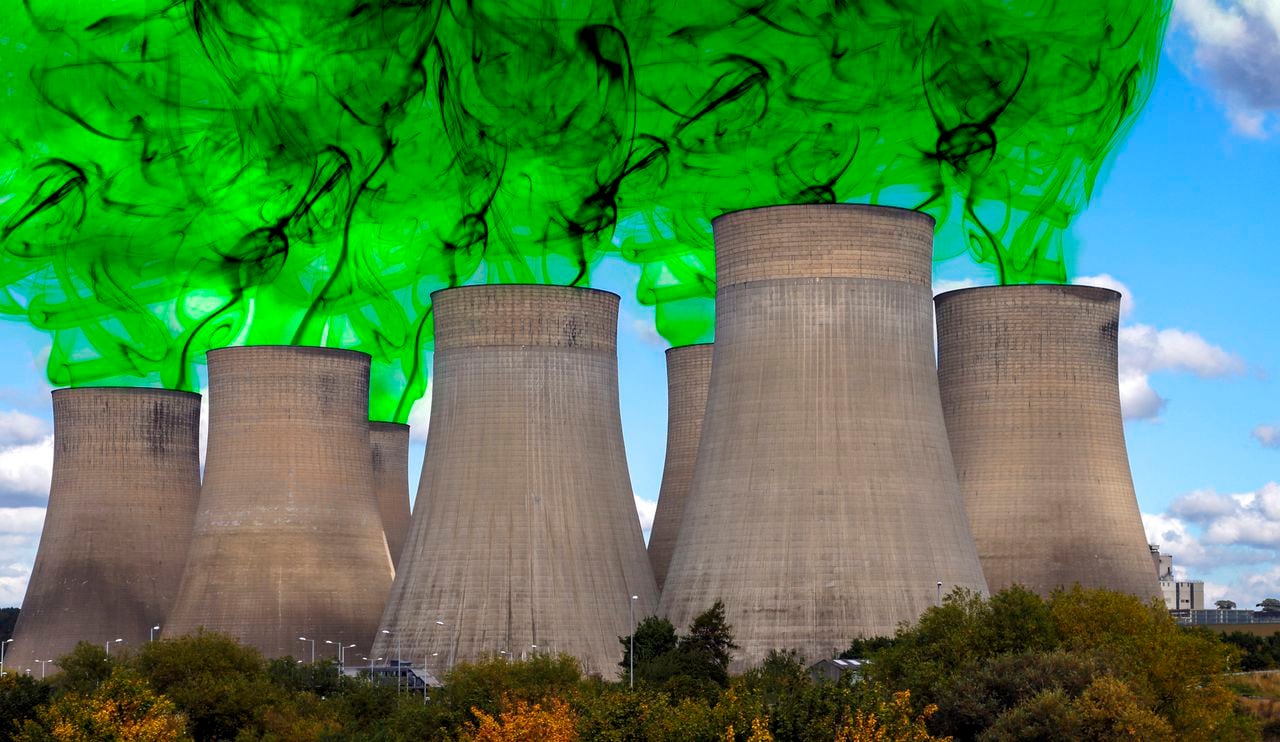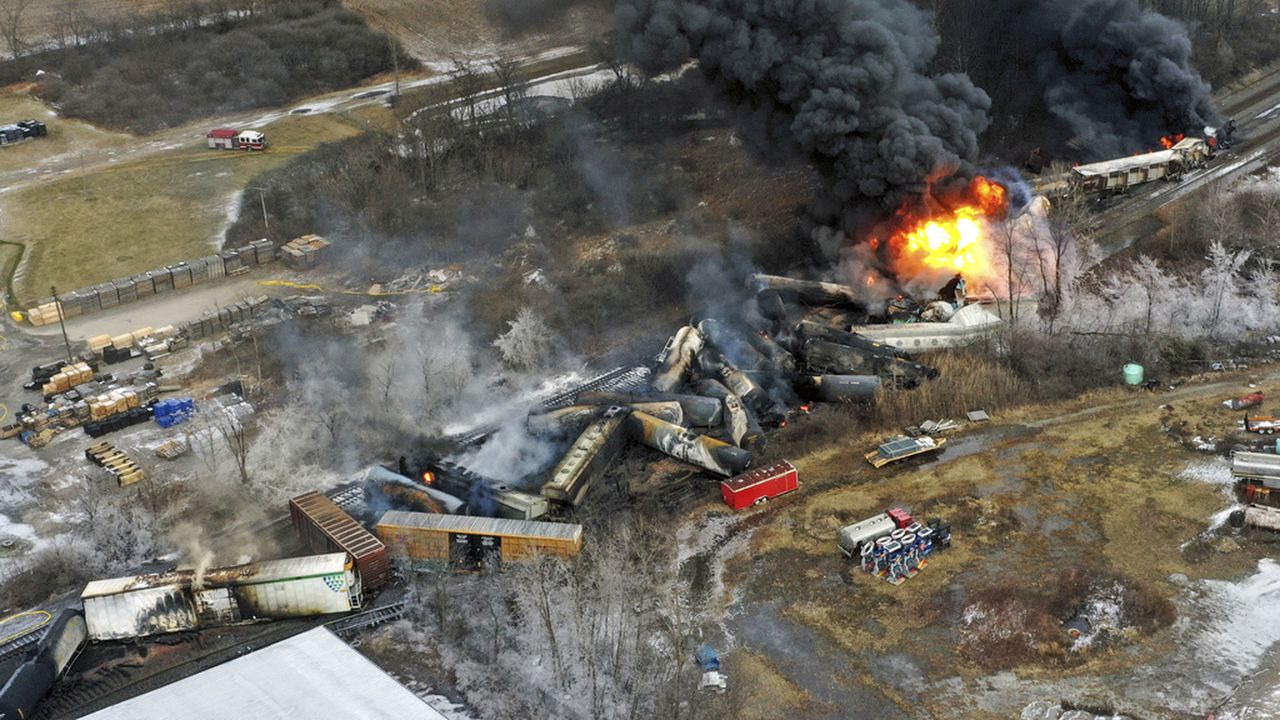Taylor Swiftâs the problem, itâs her
If you’re angry at Taylor Swift because she’s successful, adored, has opinions, and symbolizes the women who didn’t like you in high school 25 years ago, please scroll down to the Touch Grass section of this newsletter at your earliest convenience.
I only have one issue with the billionaire queen of catchy heartbreak songs (sorry, Adele). Earlier this week, Swift audaciously threatened to sue a University of Central Florida college student for legally tracking her private jet. Jack Sweeney’s tracking has brought greater attention to how excessive celebrity private air travel harms the environment.
Swift, whose Eras Tour is the highest-grossing music tour of all time and exceptionally well publicized, wants to censor Sweeney’s data about her for fear it will alert stalkers to her whereabouts. Sweeney also tracked Elon Musk, the world’s wealthiest and most vocal “free-speech” advocate. Musk suspended all of the student’s X accounts that publicized celebrity private air travel, including accounts tracking Kim Kardashian, Bill Gates, and Donald Trump.
But there’s a whole other part to all this. We know private jets exacerbate climate change. But it also, conversely, symbolizes how marginalized communities have to endure pollution throughout the country from all types of transport and infrastructure sources, such as the operators and builders of airports, shipping ports, roads built through Black and brown communities, and those chemical-laden freight trains that keep derailing everywhere — aside from where the wealthy, powerful and elite people live.
This week in The Meltdown, we briefly examine the East Palestine, Ohio, train derailment a year ago. Then, we help Swift-hating keyboard warriors get over themselves before lightly spanking the New York Times on its bottom.
Before you read on, please feel free to follow me on Twitter, Facebook and Instagram. And share this newsletter with your friends if you think they’ll enjoy it.
Drizzle
This photo taken with a drone shows portions of a Norfolk Southern freight train that derailed Feb. 3, 2023, in East Palestine, Ohio, are still on fire on Feb. 4, 2023. The major freight railroads all promised safety improvements after the fiery derailment in eastern Ohio one year ago, but they have yet to make a meaningful improvement in the safety statistics and efforts to reform the industry have stalled in Congress.AP File Photo/Gene J. Puskar
A year has passed since the catastrophic train derailment in East Palestine, Ohio, where a Norfolk Southern train carrying hazardous chemicals, including vinyl chloride, veered off the tracks. The incident led to a massive toxic explosion, leaving a rural and economically deprived community grappling with ongoing environmental concerns and health risks.
Despite a largely completed cleanup at the crash site, residents have expressed continued worries over long-term contamination. The derailment’s aftermath has seen stalled railroad safety legislation in the Senate, leaving the community in a state of unresolved tension and apprehension regarding long-term impacts.
Local and federal responses have been critiqued for their lack of transparency and engagement with residents. While FEMA demands Norfolk Southern cover the cleanup costs, concerns about medical expenses, property value depreciation, and tax implications have left the community deeply concerned.
While the tragedy stirred bipartisan political attention, there has been no progress in advancing legislative action to enhance railway safety and prevent future disasters. Months later, a similar train derailed while crossing the Yellowstone River in Montana, spilling hot asphalt and molten sulfur. While few people live in that region, nature was the victim.
Both derailments, merely the ones covered by the media, highlight the broader issues of environmental justice and infrastructure safety, underscoring the urgent need for comprehensive policies to protect vulnerable communities and regions from industrial catastrophes and being polluted by celebrities who do not have to live among the pollution they create.
Touch Grass

TOKYO, JAPAN – FEBRUARY 07: EDITORIAL USE ONLY. NO BOOK COVERS. Taylor Swift performs onstage during “Taylor Swift | The Eras Tour” at Tokyo Dome on February 7, 2024 in Tokyo, Japan. (Photo by Christopher Jue/TAS24/Getty Images for TAS Rights Management )Getty Images for TAS Rights Mana
Are you irrationally annoyed by the Kansas City Chiefs’ biggest fan? Then, welcome to the part where you can and should get over yourself.
Getting over this beef may seem daunting, but here’s a condensed guide with music suggestions that I hope act as a kind of exposure therapy.
Shake It Off: This is about acceptance. Let go of bitterness. Replace negative vibes with positive ones, like swapping a sad playlist for uplifting tunes.
Begin Again: Take responsibility. Rewrite your life’s narrative with accountability for your actions and feelings.
I Knew You Were Trouble: Don’t be a victim. Quit playing the wronged character in life. Opt for a fresh start instead of dwelling on whatever past woes have hurt you.
All Too Well: This is about action over words. Prioritize doing over saying. Pursue your interests with energy and determination.
You Belong With Me: Be content. Stop comparing your life to others’ highlights. Find happiness in your achievements, however modest.
Clean: Let Go: Release past hurts and move forward, embracing a future filled with hope and positive change.
Compost Dump

Greenwashing, conceptual composite imageGetty Images/Science Photo Libra
A little over a week ago, The New York Times’ flagship podcast, The Daily, dropped a BP oil commercial at the beginning of one of its brilliantly produced shows. The revelation, first noted in the Heated newsletter, pointed out that the Times had promised in 2021 to ban oil and gas sponsorship in its climate newsletter, climate summit, and The Daily.
Listen to the 29-second oil commercial here. It talks about how much BP is doing for the U.S. economy and nothing about its huge and record-breaking profits or the damage it has done to humans and the environment.
BP Oil was accused of misleading the public with its claims, which some call greenwashing. Here are other terms that can help you navigate the smoke and mirrors world of fossil fuel advertising:
Greenwashing: Companies claim environmental friendliness in marketing more than they implement actual eco-friendly practices, misleading consumers about their true environmental impact.
Astroturfing: Appears as grassroots environmental support but is corporate-funded, misleading the public and policymakers about genuine environmental advocacy levels.
Eco-Facade: Projects look sustainable but offer minimal environmental benefits, serving as a marketing strategy to improve a company’s image rather than actual eco-efficiency.
Climate Delaying: Acknowledges climate change but opposes immediate action, suggesting solutions are impractical or too expensive, subtly maintaining the status quo for polluting industries’ benefit.
